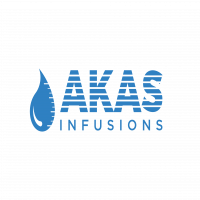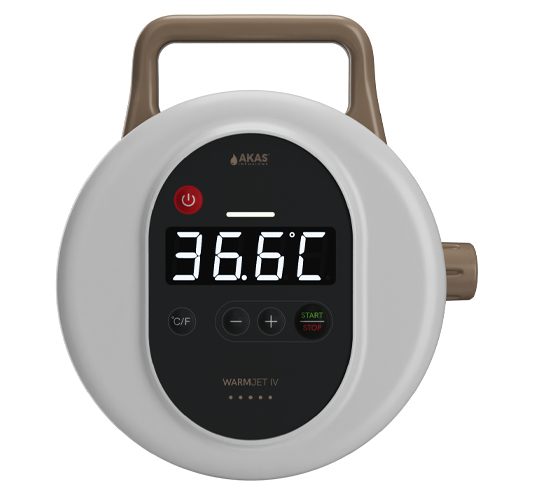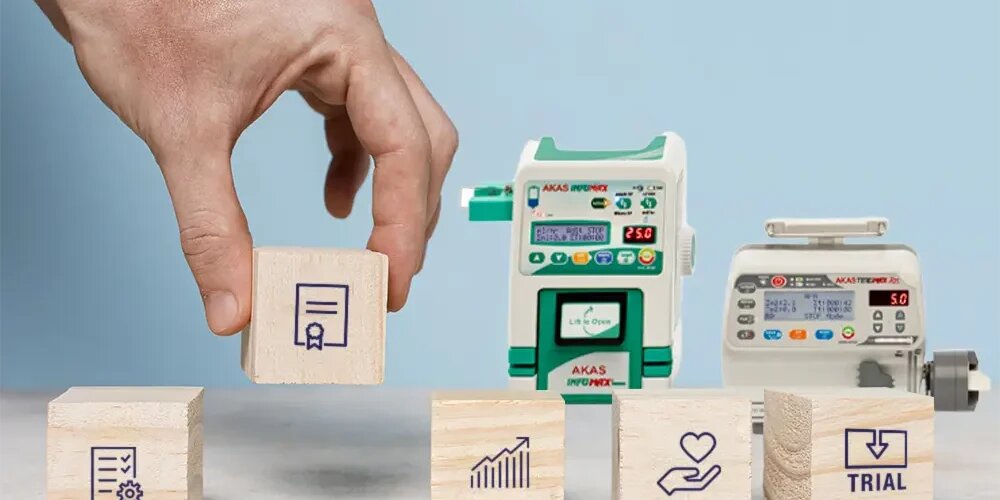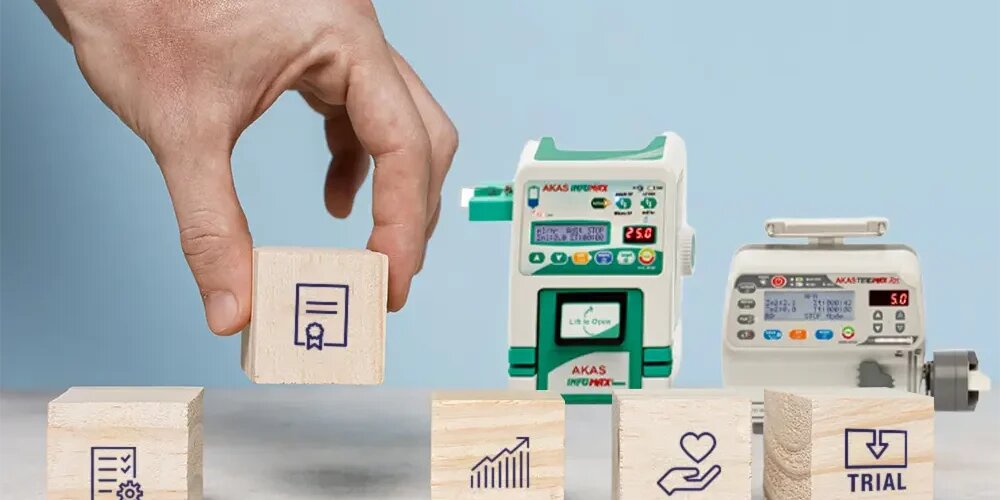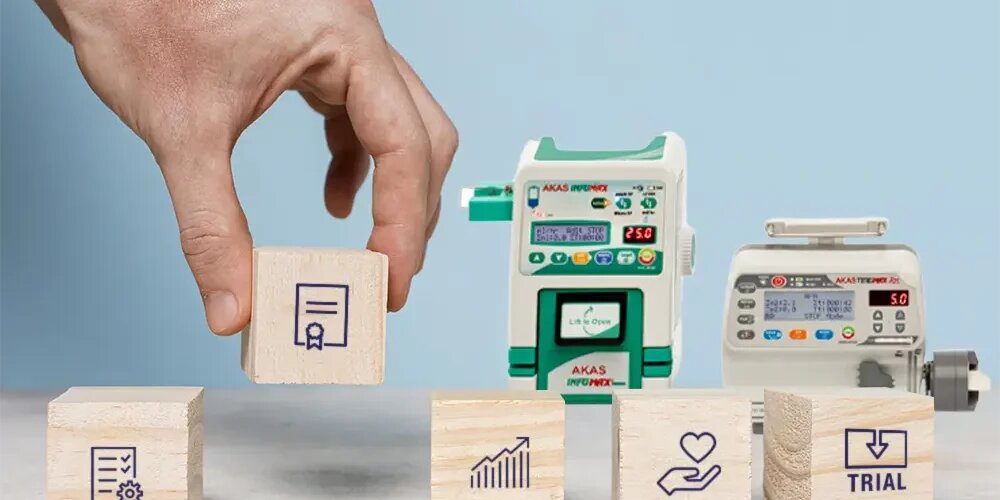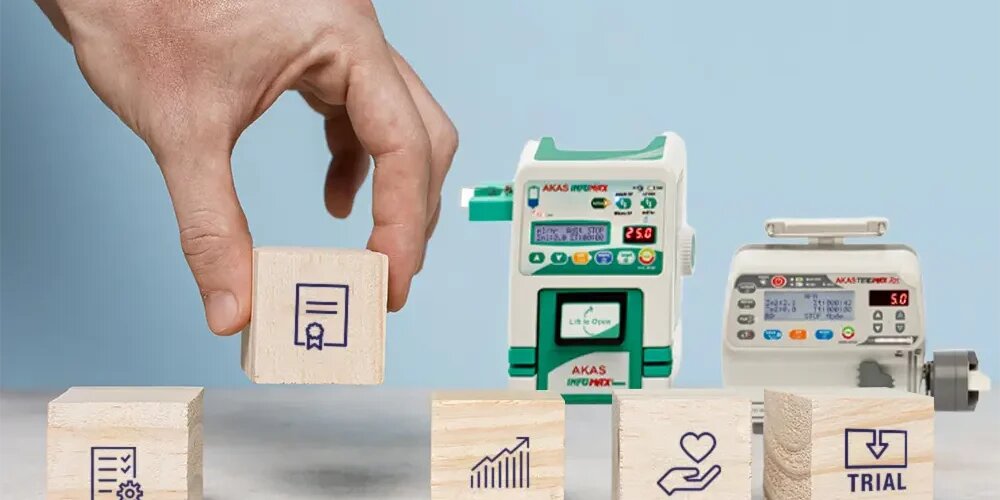Choosing Local vs Global Infusion Pump Makers
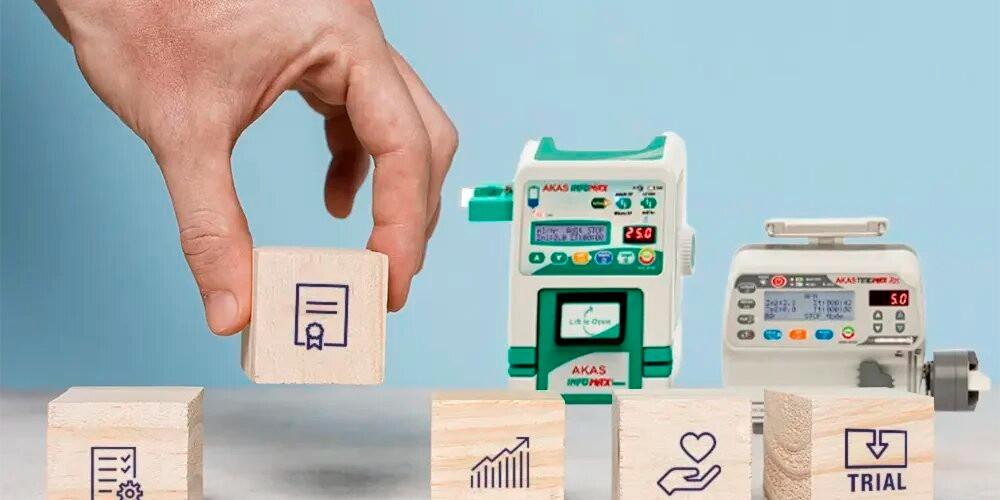
Strong 8k brings an ultra-HD IPTV experience to your living room and your pocket.
In 2025, hospitals and healthcare centres are under growing pressure to deliver safe, timely, and efficient treatments. At the heart of many therapies lies a dependable Infusion Pump, a device that must meet high clinical standards while adapting to the evolving needs of patient care. Choosing the right manufacturer, whether local or global, can shape treatment outcomes, workflow efficiency, and long-term maintenance costs.
Understanding the balance between local reliability and global innovation is essential. Each has unique strengths, and the right choice depends on operational goals, facility scale, and support expectations.
Factors Hospitals Should Consider Before Choosing a Manufacturer
1. Regulatory Compliance and Safety Standards
Check if the Infusion Pump meets ISO, CE, CDSCO, or FDA certifications
Ensure the device complies with current hospital safety protocols
Prefer manufacturers who routinely update their safety features
2. Response Time for Service and Repairs
Local manufacturers often offer quicker on-site support
Emergency repair access can minimise ICU or OR downtime
Faster replacement cycles may lower patient risk during maintenance
3. Spare Parts Availability and Maintenance
Evaluate the average delivery time for pump accessories and parts
Ensure servicing costs are predictable and contracts transparent
Reliable maintenance keeps the pump safe and functional over years
4. Clinical Customisation and Compatibility
Some local providers offer customisable software for specific departments
Compatibility with existing hospital monitoring systems is vital
Global brands may lead in smart features, but adaptability varies
5. Training and Onboarding Support
Local manufacturers may provide live staff training at your site
Remote access training may be suitable for larger global brands
Well-trained users reduce medication errors and misuse risks
6. Cost vs Value in the Long Run
Local products may offer better pricing with similar reliability
Global brands might include premium features but higher costs
Evaluate lifecycle cost including upgrades, warranty, and consumables
7. Technical Documentation and Language Accessibility
Easy-to-understand manuals in local languages improve usage accuracy
Multilingual support ensures compliance across diverse staff teams
Language clarity boosts safety in high-risk departments
8. Regulatory Changes and Adaptability
Local brands are often quicker to comply with national healthcare updates
Global players may take longer to meet new country-specific standards
Adaptability ensures your facility remains compliant and audit-ready
9. Availability of Multiple Device Variants
Choose manufacturers that offer a range of Infusion Pump types
Ensure availability of models suited to adult, paediatric, or neonatal care
Wide options allow you to standardise devices across departments
10. Smart Features and Digital Integration
Evaluate the importance of wireless data logs and alarm features
Global firms may offer advanced integration with EHR systems
Local manufacturers are also closing the tech gap with newer launches
11. Warranty and Extended Support Programmes
Review how long the warranty covers key components
Local brands may offer more flexible support extensions
Clear warranties help reduce unexpected future investments
12. Lead Time and Logistics
Local suppliers typically ensure faster delivery schedules
Global shipments may face customs or documentation delays
Timely availability ensures continuity in patient treatment
13. Feedback from Nearby Facilities
Check experiences of other hospitals using the same Infusion Pump
Learn about local service satisfaction and recurring issues
Word-of-mouth helps uncover real-world performance
14. Post-Sale Follow-Up and Customer Care
Local manufacturers tend to maintain closer follow-up relationships
Dedicated account managers improve long-term satisfaction
Post-sale care matters in high-dependency environments like ICUs
15. Innovation and R&D Investments
Global companies often lead in AI, IoT, and automation
Local manufacturers increasingly invest in smart product design
Consider future-proofing your investment by examining upcoming models
Local vs Global: Which Is Right for Your Hospital?
Choosing between a local and global Infusion Pump manufacturer is not simply about cost or branding. It involves matching your hospital’s size, patient volume, service expectations, and clinical needs with the strengths of the provider.
Local manufacturers offer regional insights, faster servicing, and affordability. They often provide custom features aligned with the country’s medical regulations and practices.
Global brands, on the other hand, may bring advanced technology, automation, and international experience. However, their support systems may not always align with immediate local requirements or cost expectations.
For some hospitals, a hybrid strategy works best—using global pumps in critical units and local ones in general wards. For others, standardisation with a trusted regional manufacturer provides more control and predictability.
Ultimately, the goal is to ensure that your Infusion Pump—no matter where it comes from—supports your clinical outcomes, staff workflow, and patient safety, all while fitting into your operational framework.
Conclusion:
Akas Infusion, currently the largest manufacturer, aims to become the global leader in Syringe and Infusion Pumps. With consistent focus on quality and responsiveness, manufacturers like Akas are redefining what local excellence means in today’s connected world.
Note: IndiBlogHub features both user-submitted and editorial content. We do not verify third-party contributions. Read our Disclaimer and Privacy Policyfor details.

